The Egyptian strategy in Libya: between diplomacy and military intervention
by Alessia Melcangi, Atlantic Council – University “La Sapienza”
Download the full analysis (pdf)
The latest developments in the Libyan crisis seem to have given new impetus to the Egyptian diplomatic initiative; Cairo’s intention to temporarily abandon the military option in support of dialogue between rival groups comes as a result of the ceasefire announced by the Government of National Accord (GNA) of Tripoli at the end of August 2020. If the diplomatic option would be ineffective or would not guarantee Egypt’s strategic interests in that country, Cairo could go back to the military option, which was never com-pletely set aside
Latest developments in the Libyan crisis and Cairo’s intentions
The latest developments in the Libyan crisis seem to have given new impetus to the Egyptian diplomatic initiative: in fact, on September 23, President al-Sisi hosted a meeting in Cairo between the Libyan National Army’s leader, General Khalifa Haftar, and the spokesman of the Tobruk parliament, Aguila Saleh. The purpose of this talk was to solicit the warring parties to restart the political process under UN supervision with the aim of restoring security and stability in the country (Ahram, 2020).
Cairo’s intention to temporarily abandon the military option in support of dialogue between rival groups comes as a result of the ceasefire announced by the Government of National Accord (GNA) of Tripoli at the end of August 2020. Egypt is not new to this type of strategy which, since the fall of Gaddafi in 2011, has followed two main directions: on the one hand, Cairo uses political mediation as a tool to achieve a diplomatic solution to the conflict; on the other hand, logistically and militarily it supports Haftar’s offensive against Tripoli, together with the United Arab Emirates (UAE) and Saudi Arabia. Recently Egypt went as far as threatening to start a conflict for the defense of its own national security and its interests in Libya (Melcangi, 2020).
As a consequence of Ankara’s intervention in support of the GNA ‒, following the December 2019 agreements signed between Turkey and Libya on maritime border demarcation and military cooperation (Butler, Gumrukcu, 2020) ‒, Egypt decided to abandon the diplomatic option and recalibrate its moves in Libya. Turkey represents not only a geopolitical rival, whose strategic projection, particularly in the Eastern Mediterranean, represents a threat for al-Sisi, but also one of the fiercest supporters of political Islam that Cairo, together with the United Arab Emirates and Saudi Arabia always try to obstruct.
The LNA forces’ retreat from the Western front in April 2020, pushed Cairo to resume the diplomatic path, asking for a ceasefire: the motivation behind this move was to avoid the general’s collapse and the loss of Cyrenaica into the hands of Ankara. On June 6, 2020, al-Sisi, supported by Haftar and Aguila Saleh, announced the so-called “Cairo Declaration” (Mezran, Melcangi, 2020), an intra-Libyan resolution for the relaunch of the pacification process. However, the declaration provoked the strong opposition of Ankara and the government of Tripoli. The diplomatic option had therefore turned into a warning of war launched by al-Sisi against the GNA and its supporters, positioned near the so-called red line of Sirte-Al-Jufra, at the gates of the rich and disputed “oil crescent”.
Historically, Libya has been a country of great importance for Egypt from different perspectives: from a domestic security perspective, to avoid the spillover of violence into its territory and penetration of jihadist groups, especially from the porous frontier bordering Cyrenaica; from an economic viewpoint , to deal with the consequences of the drastic decrease in remittances from Egyptian migrants working in Libya, which represent a serious threat to Egypt’s stability and internal security. But also, to reaffirm its image as a geostrategic regional pivot ready to defend its interests in a disputed area as strategic as the Eastern Mediterranean.
Following the latest events, Cairo has decided to abandon its assertive posture and return to a diplomatic strategy: on September 29, 2020 an important talk between the military delegations representing the GNA and the Libyan National Army was held in Hurghada. The principal topic discussed in this meeting was the possible restart of negotiations within the 5+5 Joint Military Committee (JMC). Strongly supported by the United Nations Support Mission in Libya (UNSMIL), this meeting allowed Egypt to gain international recognition for its commitment to restarting peace dialogue between the various Libyan factions (UNSMIL, 2020).
Analysis, assessment, forecast
Al-Sisi, during his speech at the 75th session of the United Nations General Assembly, affirmed his support for restarting the political peace process under the aegis of the UN; but, at the same time, President al-Sisi stressed once again that violation of the red-line that goes from Sirte to Jufra, would trigger a strong military reaction by Egypt. So, Egypt seems to want to avoid an expensive military intervention with unpredictable results, but not at any cost. If the diplomatic option would be ineffective or would not guarantee Egypt’s strategic interests in that country, Cairo could go back to the military option, which was never completely set aside. Considering the extreme fluidity of the Libya context, the choice between weapons and diplomacy is far from being obvious (Melcangi, 2020).
Photo: M.T. Elgassier
Download the full analysis (pdf)










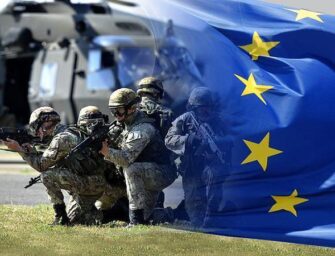






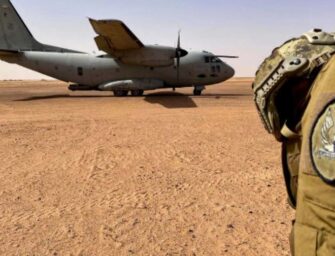





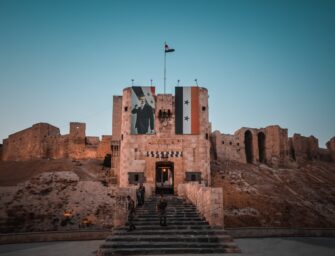









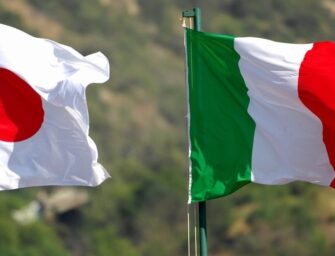


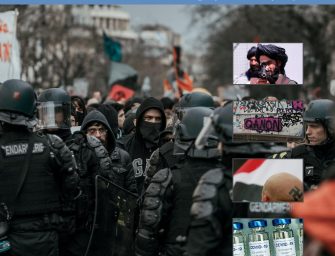

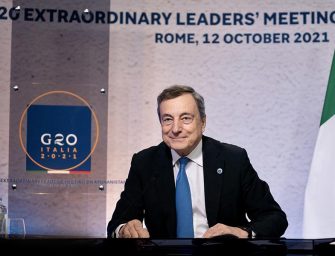



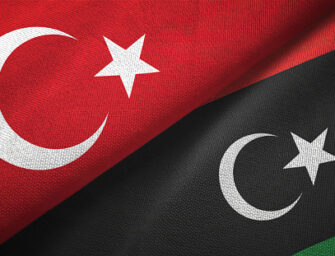
There are no comments
Add yours